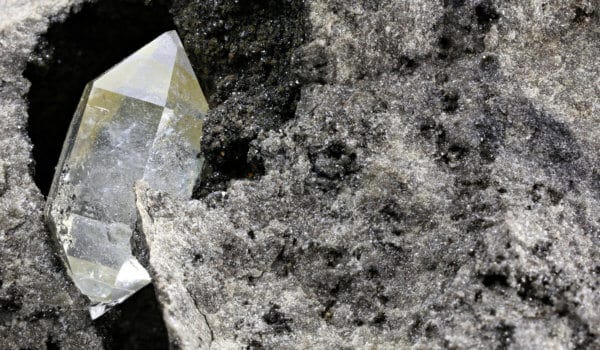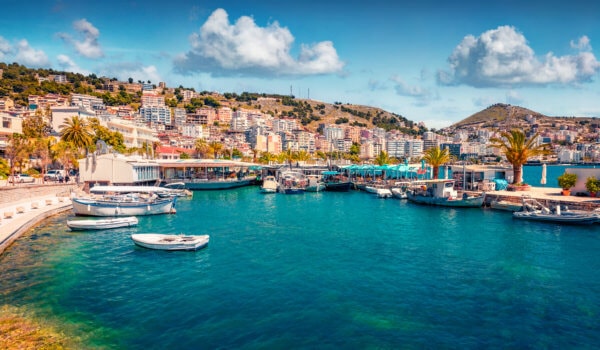Have you ever wondered what is it like to spend time studying in South Korea? This is what it’s really like to be an exchange student in Seoul, South Korea, according to a recent exchange student from Lithuania
Studying abroad can be one of the most rewarding and exciting experiences in your life. Most European students choose to spend their semesters abroad in warm South European climates such as Spain, Croatia, or even Italy. A 25-year-old Odeta from Lithuania decided that studying abroad just in Europe isn’t enough for her, she earned adventure in the international waters. In this short interview, Odeta shares the reason behind choosing South Korea as her destination and tells us more about her own personal experience as a European exchange student in Seoul.
Q: Tell us a bit about your study abroad semester in South Korea.
Odeta: I joined the study abroad program at Chung-Ang University, in Seoul. The program was mostly based on the English language and literature, but we also had courses in marketing. I joined the exchange program in March 2019 and it lasted 4 months.
Q: Why did you choose South Korea as your semester study abroad destination?
Odeta: I have chosen South Korea as the main destination for studying abroad because it was my dream country to visit for a long while. Additionally, I was highly interested in and invested in Korean culture, so the choice came up very naturally.
Q: Have you experienced cultural shock while there? If yes, can you tell us more about it?
Odeta: There was no cultural shock as I did a lot of research before coming, so it helped me to adapt a little quicker than I expected.
Q: When you look at the expectations you had before your exchange, do you feel like they have been met? In terms of culture, university, the environment, and other things.
Odeta: Even though I did a lot of research and tried not to have high expectations, the university exceeded my expectations. Why? Because we had mentors that took care of us very well and organized additional events for international students to feel more comfortable in a new environment. We also had a chance to participate in free events that were organized by mentors. These events helped me to be in touch with Korean culture. Also, the campus of Chung-Ang University has convenience stores (even in dormitories), cafeterias, coffee shops, post offices, ATMs, banks in the area and you don’t have to go far in the city to get what you need at the moment.
Also, there are lots of activities in Seoul, so you will definitely find the one that fits your character the most. What generally surprised me is that the city almost never sleeps. You can go to the city center at 1 am and there will be lots of people, which is the complete opposite of my home country. What also exceeded expectations is that the Korean people are very lovely and will try to help you out no matter what. But you might notice that local people look differently at foreign visitors.

Q: How would you describe the educational system and the university atmosphere in South Korea compared to your home country?
Odeta: The main difference is that Korean educational culture is highly based on theoretical knowledge, while in Lithuania you have to know how you can use your knowledge in practice.
Q: What do you wish you knew before going for a semester abroad?
Odeta: I wish I knew that taxis in Seoul are very expensive.
Q: What has the experience taught you, if anything?
Odeta: This experience has taught me various differences between the cultures, and how lucky we were to visit this country, meet new people, and generally broaden our horizons. Also, it is very important to get into a culture that is very beautiful and not try to change it.
Q: What kind of advice would you give to someone planning to go study abroad?
Odeta: Do it! And enjoy every bit of it as it flies so quickly. But also spend more time getting to know the culture before your visit. In this case, culture shock might be very minimal or even nonexistent.
Photo: DerekTeo/Shutterstock
You might also like:
Support us!
All your donations will be used to pay the magazine’s journalists and to support the ongoing costs of maintaining the site.
Share this post
Interested in co-operating with us?
We are open to co-operation from writers and businesses alike. You can reach us on our email at cooperations@youthtimemag.com/magazine@youthtimemag.com and we will get back to you as quick as we can.










